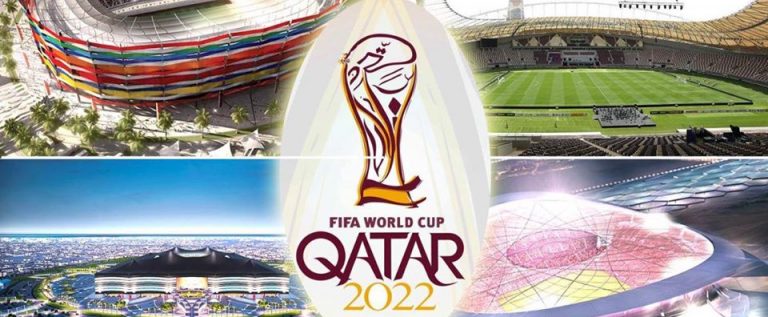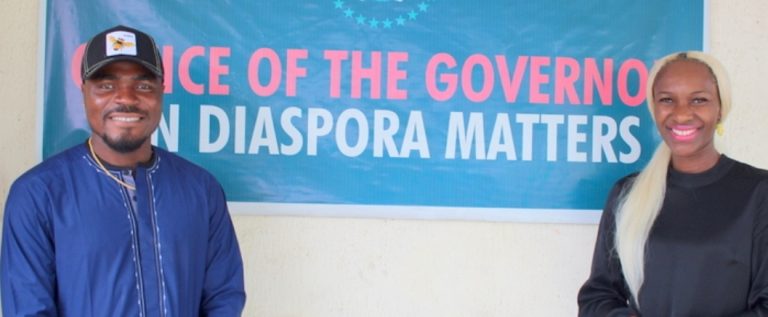Organisers Of Qatar 2022 World Cup Accused Of Non Payment Of Migrant Workers

![]()
Organisers of the 2022 World Cup in Qatar have again come under fire after an Amnesty International investigation found that around 100 migrant workers at one of the tournament’s “crown jewel” stadiums had not been paid for up to seven months – despite the authorities knowing about the problem last summer.
The human rights organisation said the amounts owed to workers and staff by Qatar Meta Coats, a design and construction company subcontracted for work on the £685m 60,000-seat Al Bayt stadium, ranged from around 8,000 Qatari riyals (£1,720) to 60,000 (£12,900).
Some employees have now started to receive part of what they were owed after Amnesty raised the QMC case with the Qatari authorities, Fifa, and Qatar’s World Cup organisers this week. However no worker has yet received all of their unpaid wages.
“This case is the latest damning illustration of how easy it still is to exploit workers in Qatar, even when they are building one of the crown jewels of the World Cup,” said Amnesty’s head of economic and social justice, Steve Cockburn.
“For years we have been urging Qatar to reform the system, but clearly change has not come fast enough. It shouldn’t take an Amnesty investigation for workers to be paid what they are owed.”
Amnesty also criticised Fifa for not doing more to put pressure on Qatar. “If, over the past 10 years, Fifa had held its World Cup partners to account, and used its clout to push Qatar to fully reform its systems, we wouldn’t be hearing the same tales of workers’ suffering with only two-and-a-half years until kick-off,” added Cockburn.
Qatar’s Supreme Committee for Delivery and Legacy told Amnesty that it first learned of QMC’s payment problems in July 2019 and had since taken various measures to try to remedy the situation , including meeting the company’s management, blacklisting it from future contracts and informing the Ministry of Labour.
However Amnesty said it was still unacceptable that many workers had gone from September 2019 to March 2020 without pay.
“Although recent payments will provide some welcome relief for workers, Qatar’s World Cup organisers told us they had known about the salary delays since July 2019,” added Cockburn. “This raises the question of why Qatar allowed workers to continue working for months without pay.”
QMC told Amnesty the payment delays were due to financial difficulties and said it was trying to resolve them.
CULLED




